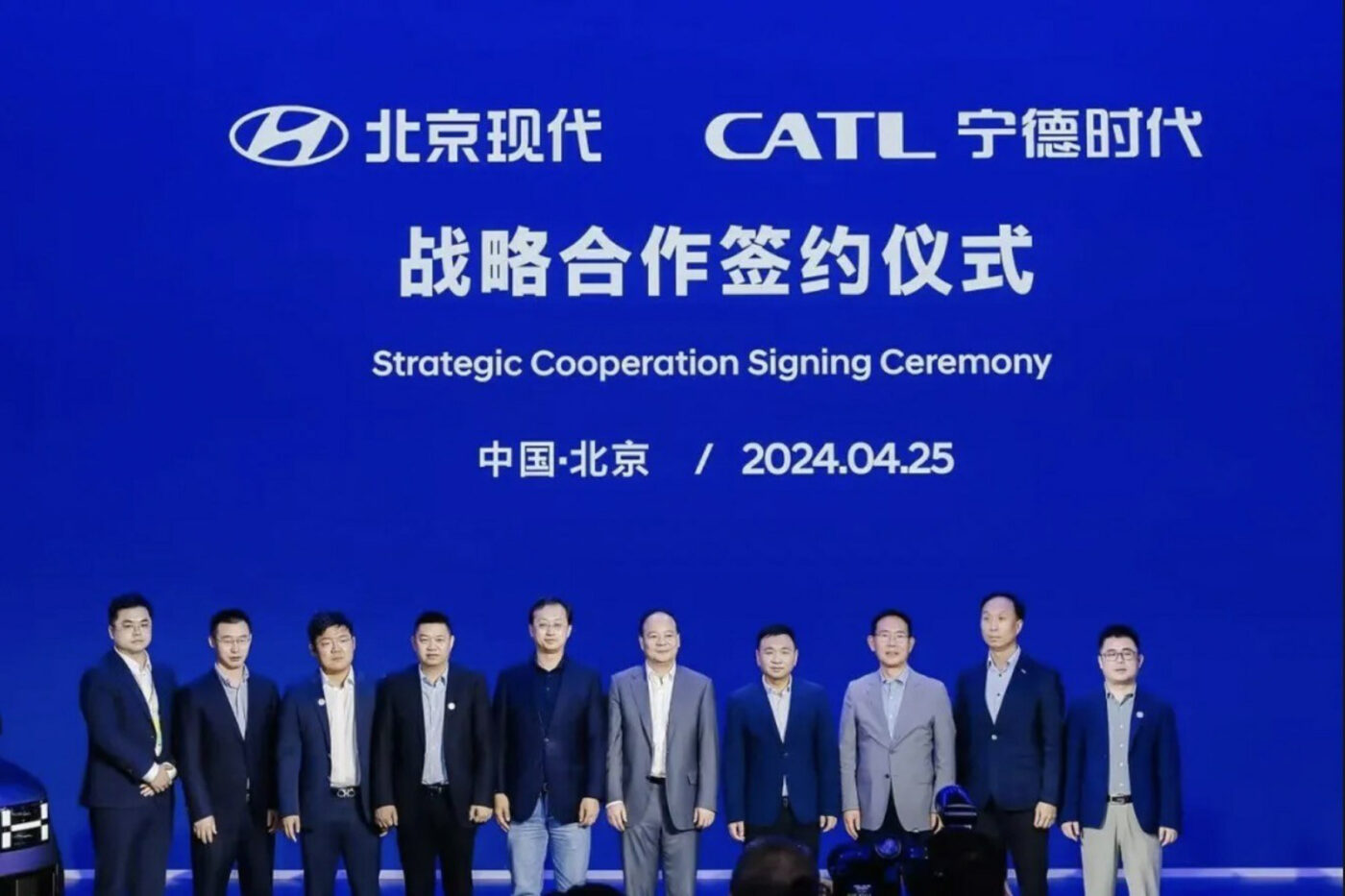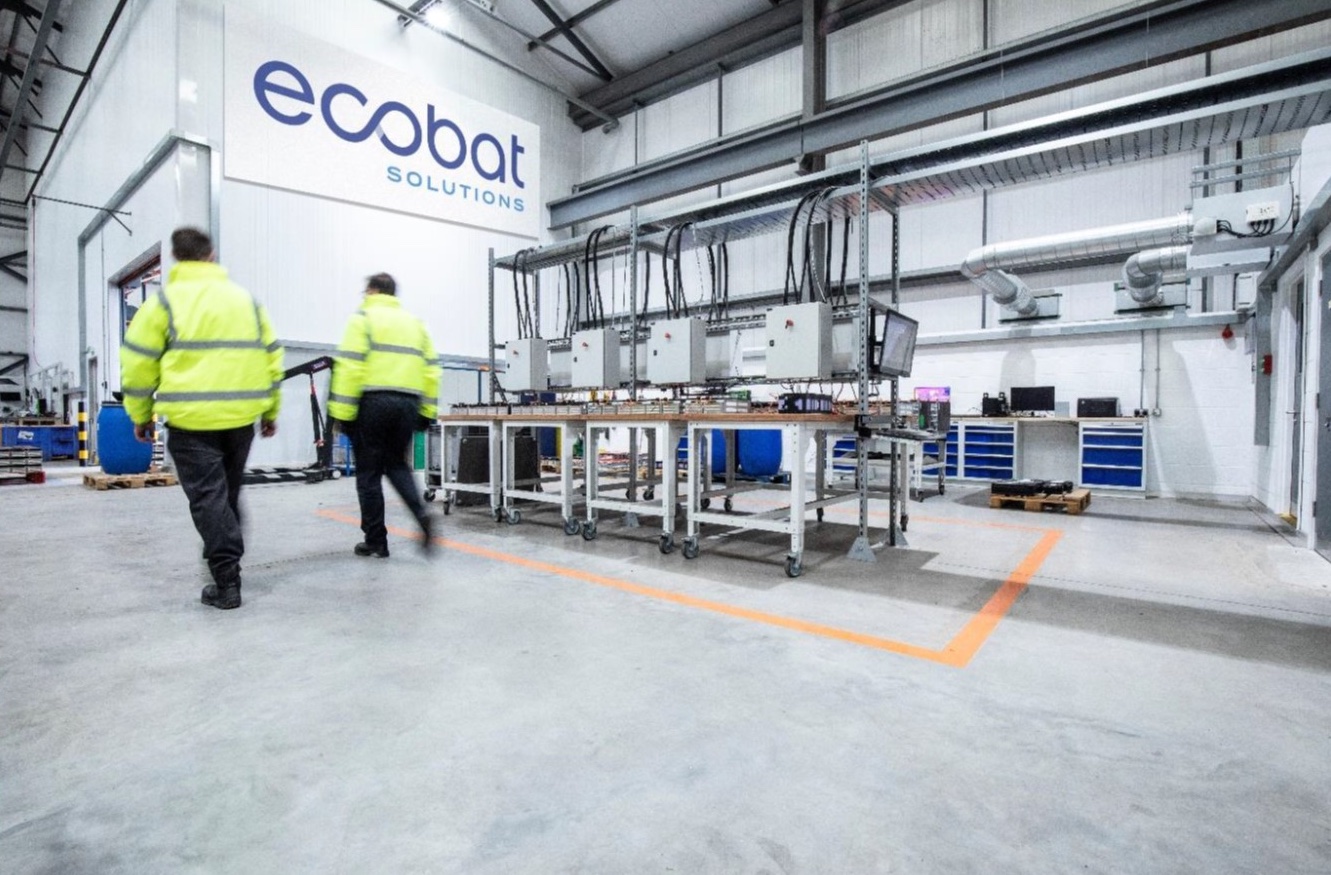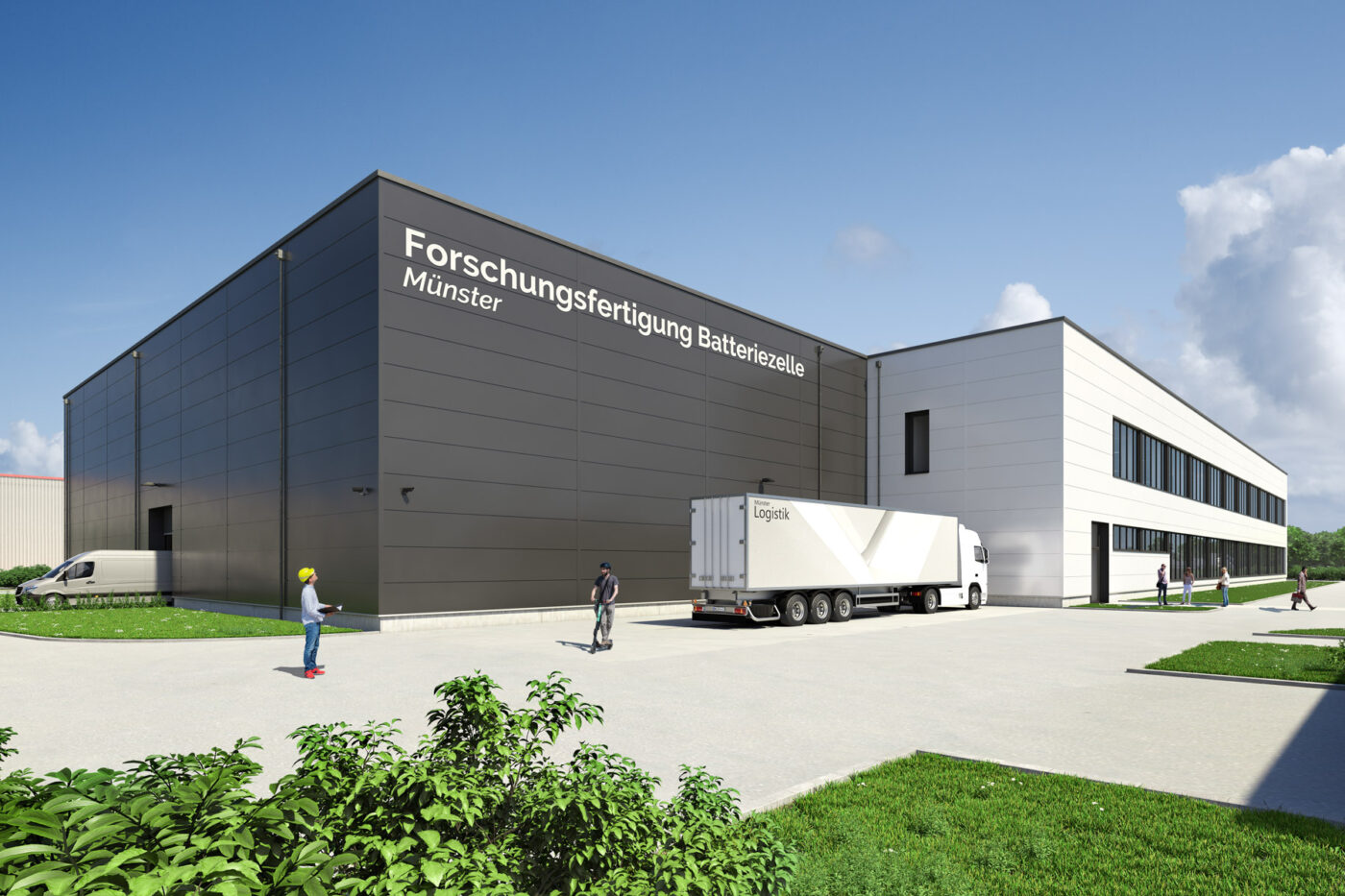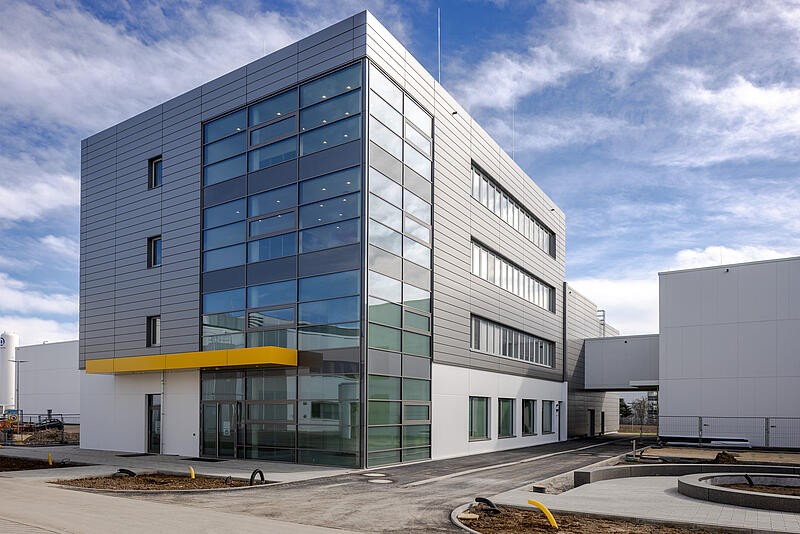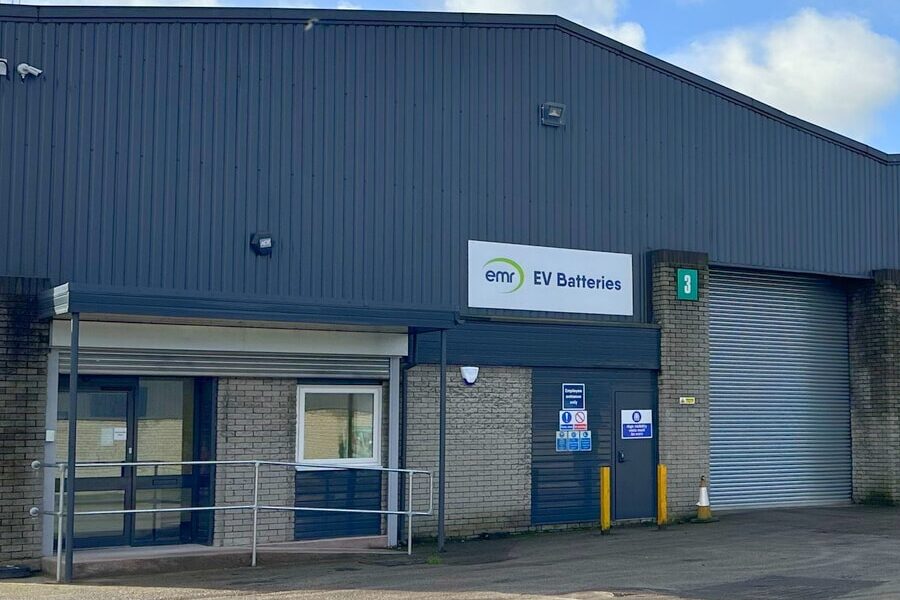Redwood Materials, a player in the battery recycling industry, joined forces with the Rotary Club to spearhead a battery collection drive in honor of Earth Day 2024. The company, known for its innovative approach to recycling, aims to encourage more individuals to participate in similar events and contribute to building a cleaner energy future.
The partnership with the Bellevue Rotary Club in Washington was highlighted through a video shared by Redwood Materials. The initiative focused on collecting used batteries from various devices such as laptops, tablets, and phones. The collected batteries will undergo recycling to recover valuable raw materials, promoting a sustainable approach to waste management.
On Earth Day, our @Rotary partners collected thousands of pounds of batteries from their communities in just a few hours. They shared their experience working with us create a more sustainable future. Inspired to host or attend an event? Visit https://t.co/KIBMNyzwC7 pic.twitter.com/72NQqevovW
— Redwood Materials (@RedwoodMat) April 29, 2024
Last year, the Bellevue Rotary Club collaborated with Redwood Materials on a similar initiative, urging people to bring their old cell phones, laptops, and tablets for recycling. The event specifically targeted lithium-ion and nickel metal hydride batteries, addressing the growing concern of electronic waste.
Addressing the issue of electronic waste, Redwood Materials stated on its website, “Consumer devices contribute to the world’s fastest-growing waste stream. Americans spend trillions of dollars on electronics and discard hundreds of millions of devices each year. Very few of these products are recycled responsibly.”
Redwood Materials has made significant strides this year, transitioning from recycling to expanding its production capacity. The company recently ramped up its hydrometallurgical operations and commenced production of battery anode copper foil.
Earlier in the year, Redwood Materials unveiled plans to localize battery production in North America, particularly in the United States. The company announced its intention to build a cathode plant in the United States with a capacity of over 1 million EVs per year at its Nevada Campus


